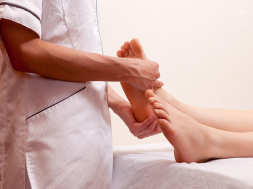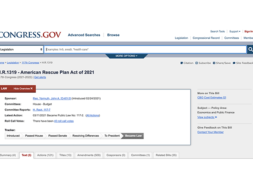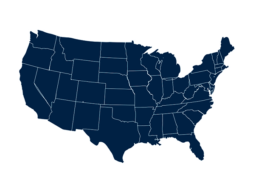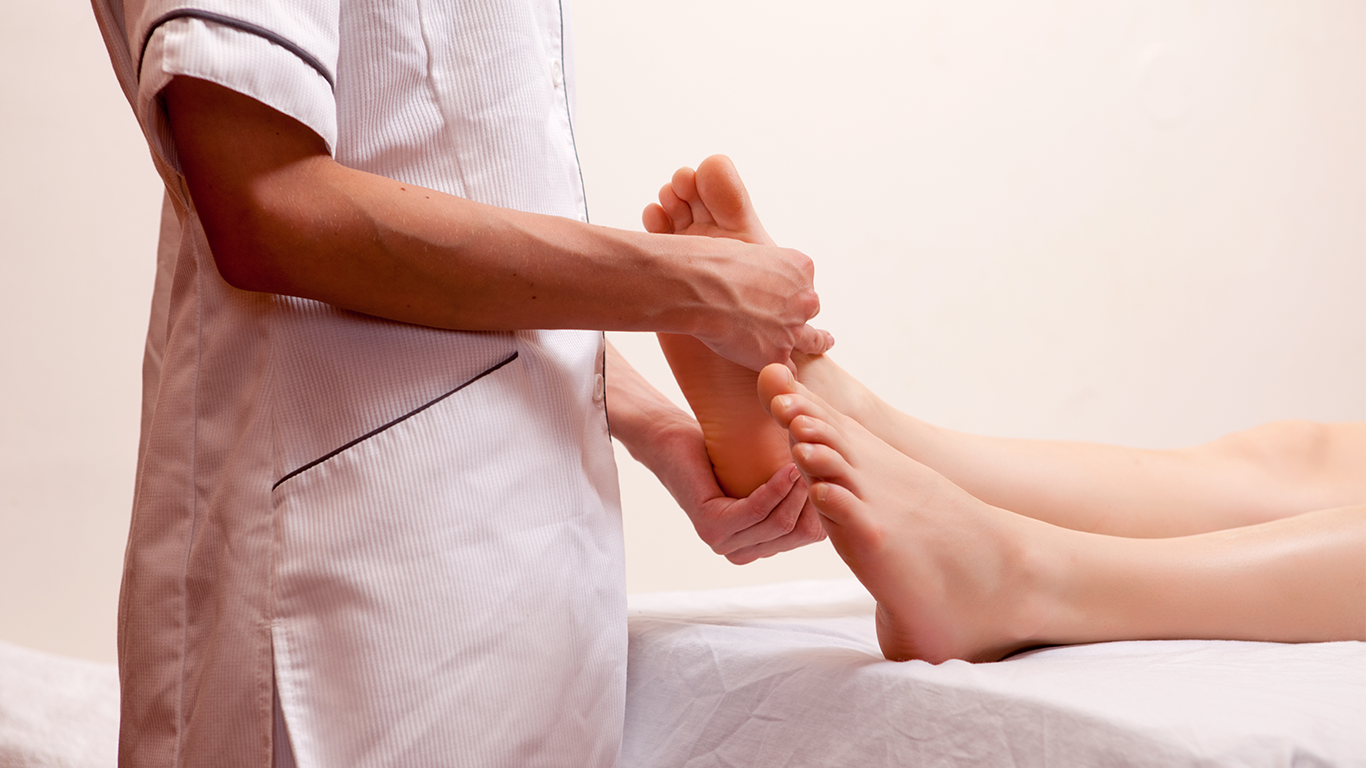
Court Rules Students Training in Clinics are Not Employees Under the FLSA
By Bill Ojile, Partner, Armstrong Teasdale, LLP
In a decision relevant for any school that provides services to the public as a means to provide training for its students, the United States District Court for the District of Colorado recently ruled that such students are not employees for purposes of the Fair Labor Standards Act (FLSA).
The case, Nesbitt v. FCNH, Inc.,1 was brought by massage therapy students who attended the defendants’ vocational schools. An admitted student’s enrollment agreement acknowledged that the student paid tuition in exchange for classroom and clinical training in massage therapy. The schools’ curriculum required the students to participate in clinical training under supervision, and the school operated a massage clinic open to the public. Students performed roughly 100 massages during the clinical program. Their clients were paying customers to whom the schools publicly advertised discounted massages. Enrollment documents and the schools’ catalog informed students that performing massages for compensation without licensure was illegal under state law, and that as unlicensed student massage therapists, they could not and would not receive compensation from the schools during this clinical component of their education.
Despite this fact, the students argued that during the clinical curriculum they functioned as the schools’ employees under the FLSA and were entitled to unpaid wages for the time they were in the clinical program.
The Court applied the six-part test set out by the Tenth Circuit in Reich v. Parker Fire Protection Dist., 992 F.2d 1023, 1025–26 (10th Cir. 1993), a case which involved the question of whether four firefighter trainees were entitled to minimum wages under the FLSA while in training at a firefighting academy, and found that the “economic realities” of the students’ relationship to the school established that the students were not employees. The Court considered the following relevant:
- That clinical training was both an accreditation requirement and necessary for state licensure as a massage practitioner.
- That the schools met all state licensing requirements, which demonstrated the required levels of supervision to retain such licensure.
- The fact that the schools derived revenue from the massage clinics was deemed immaterial because ultimately, no matter how much the schools made, it did not change the fact the plaintiff was a student.
- Pre-clinic orientation, the presence of a supervising massage therapist on-site for immediate consolation or assistance and the classroom discussion of feedback students received from clinic clients did not suggest an employer-employee relationship.
The Court succinctly summed up why it ruled against the students:
“Put another way, I look at the forest, not just the trees. Plaintiffs went to school to learn a skill and to qualify for a license to practice that skill professionally. They needed and presumably wanted clinical experience in order to accomplish these goals. They did not expect to be paid. For whatever reason some of the graduates now wish to turn the clock back and claim entitlement to payment for their clinical education. I find and conclude that they have no case under the Fair Labor Standards Act.”
This case is one in a series of such cases filed across the country in 2013-2014 by students who had a clinical component to their education, such as cosmetology students. All were unsuccessful.
For instance, in Hollins v. Regency Corporation,2 the student-plaintiff offered two arguments as to why she was an employee: 1) the student contended that by charging customers below-market rates for student provided services, Regency was displacing licensed cosmetologists who charge full price for that same service and 2) because the school allegedly incurred an economic benefit from the students’ activities, the students were necessarily employees. The Court in Hollins focused on different factors in finding the student was not entitled to compensation: the student received academic credit for her work in the school salon; the training was tied to the school’s academic calendar; the length of the clinical experience was of a limited time period and consistent with the amount of training required for licensure; and, no displacement of labor occurred because the school did not employ full-time cosmetologists in its school salon and because the court recognized some displacement of professionals in the market must occur in order to meet the educational goals and licensing requirements of the student clinical experience. The Court discounted the economic benefit argument in much the same way as the Court in Nesbitt: “That Regency may have made some profits off the [school salon] does not undermine that fundamental [student] relationship.”
Looking at these decisions, while it is clear that the schools benefited from having disclaimers in their enrollment agreement and catalog, the presence of that language alone was not determinative of the outcome. Schools need to inform students that the clinical component of their program is for educational purposes, and that students will not and cannot receive compensation for performing services to the public as part of that clinical training. But, more critical to the schools’ victories in these case were the schools tying the clinical training to specific state licensure and accreditation requirements and demonstrating a true academic purpose to the clinical work, including supervision, class discussion of situations that arose in the clinical setting and feedback to students from supervisors and clinic customers.
Best practices schools should consider implementing based on these decisions include:
- In the catalog discussion of the program curriculum, link the clinical work to specific licensing and/or accreditation standards to make clear the education purpose of the clinical training.
- Advise students that they should not expect employment as an outcome of the clinical training. The outcome from the clinical training is fulfilling graduation requirements and the opportunity for licensure.
- Make certain that the clinical instructors understand their obligations to supervise the students participating in the clinic, and consider some tangible ways to memorialize that supervision, such as observation forms.
- Create as part of the curriculum of the clinical training a process for clinical students to share experiences, for instructors to reinforce best practices and for clinical students to obtain feedback on their performance of services and professional requirements (including required hygiene and administrative duties).
Many schools operate programs that provide services to the public as a means to provide students with experience in career fields such as cosmetology, auto repair, culinary, medicine and dentistry. The Nesbitt decision and other decisions from similar cases reinforce that participation in clinical programs is for academic purposes and that participating students, even though they may be experiencing situations with paying customers similar to those they will see in their work lives, are not school employees.
Resources:
- 2016 WL 6777827 (November 14, 2016).
- 144 F.Supp.3d 990 (N.D. IL. 2015)
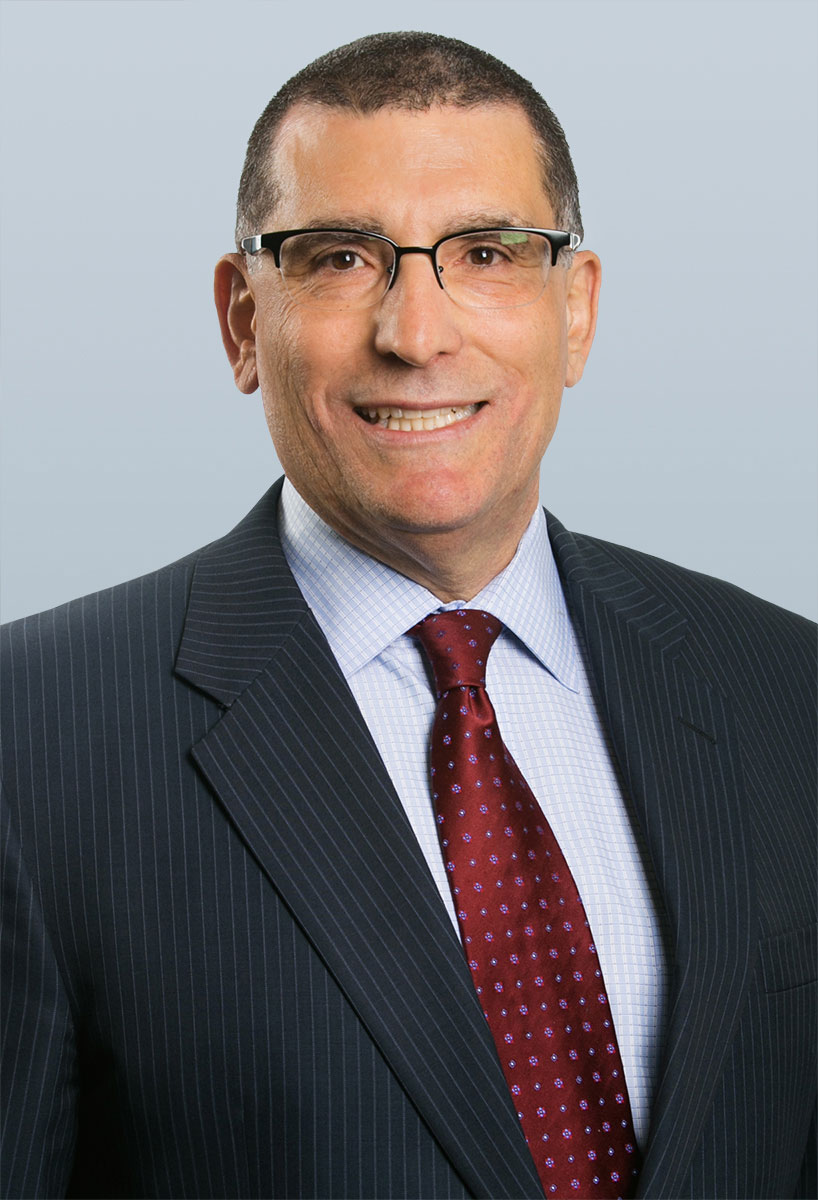
BILL OJILE is a partner in the Denver office of Armstrong Teasdale, LLP where he advises, counsels and litigates on behalf of companies in highly regulated industries, including higher education, helping them to resolve difficult legal, compliance and policy issues. Prior to joining Armstrong Teasdale, Ojile was Senior Vice President – Chief Legal & Administrative Officer for Alta Colleges, Inc. in Denver, CO from 2006-2015, where he was responsible for the legal, compliance, regulatory, human resources, corporate governance and governmental affairs of the company. He received his Bachelors of Science degree in accounting from the University of Nebraska-Omaha and his law degree from the University Of Nebraska College Of Law.
Contact Information: Bill Ojile // Armstrong Teasdale, LLP // 4643 S. Ulster St., Suite 800 Denver, CO 80237 // 303-575-4000 // bojile@armstrongteasdale.com // www.armstrongteasdale.com
